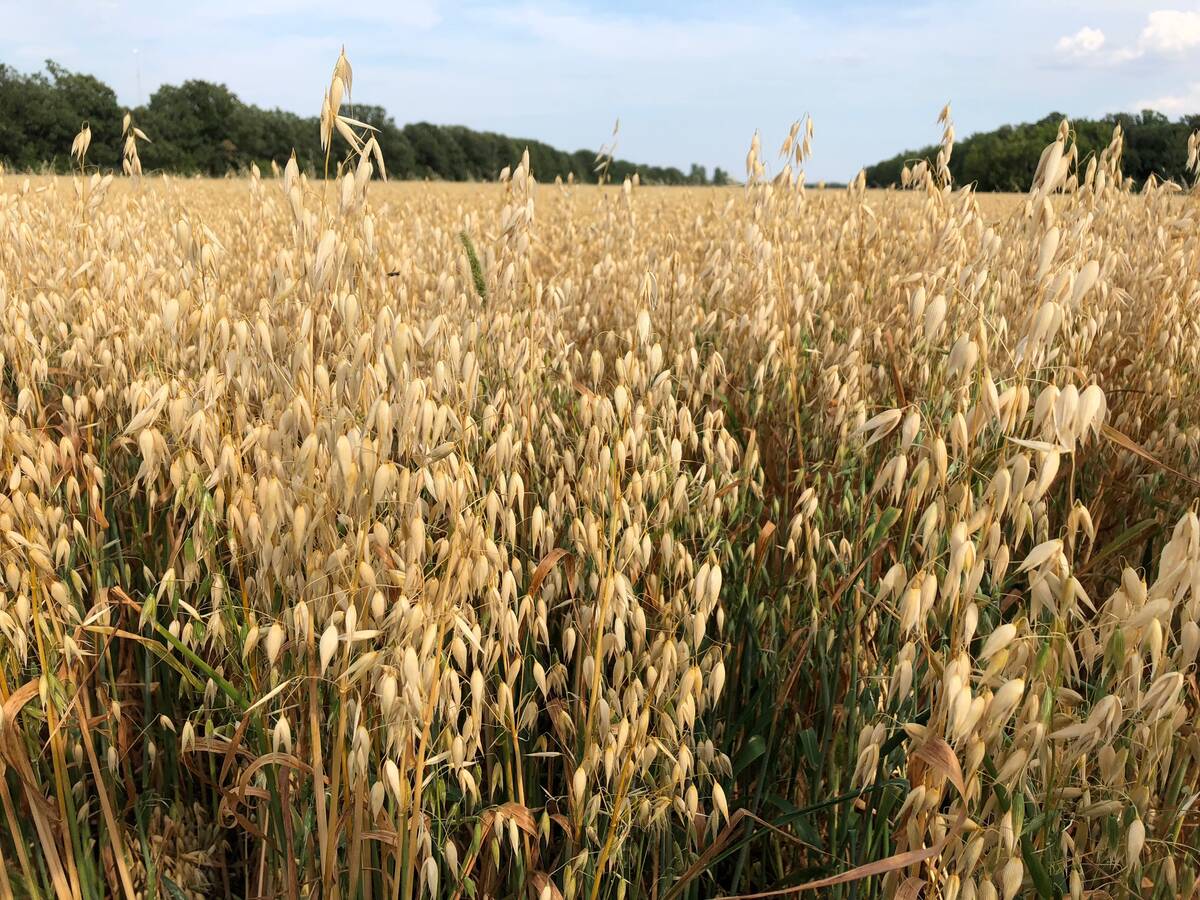(Resource News International) –– Barley bids in Western Canada have been declining steadily over the past few weeks, reflecting dwindling livestock herds and increased alternative supplies.
“There is no doubt that demand for feed barley in Western Canada has been declining given that cattle and hog producers have been steadily liquidating, or at least downsizing herds,” said Mike Jubinville, a market analyst with ProFarmer Canada in Winnipeg.
“The lack of profits in the livestock sector has left those producers with little choice.”
Read Also

Big oat crop in 2025/26 pointing to less acres next year
Oat acres in Canada are likely to recede this spring with cash prices to remain low, said Scott Shiels, grain procurement manager for Grain Millers Canada in Yorkton, Sask.
There has also been little in the way of a feed barley export program by the Canadian Wheat Board, leaving few choices for producers with barley, other than the domestic market.
“Essentially, Canadian feed barley values are just too high-priced to compete on the global market at this time, especially with Black Sea supplies priced a lot cheaper,” Jubinville said.
The steady decline of Chicago Board of Trade (CBOT) corn futures has also weighed on feed barley values in Western Canada, as crop development in the U.S. has improved significantly over the past couple of weeks.
“Adding to the bearish price sentiment is the fact that the U.S. ethanol industry is working at full steam and the distilled grain byproduct is being shipped to Canada for feed purposes,” Jubinville said.
Canada is now the U.S.’s largest destination for dried distillers grain.
“The barley crop in Western Canada does not appear to be all that large given the poor growing conditions seen so far, but the fact of the matter is that end-users are obviously not even the least bit concerned given the cheap alternatives available,” Jubinville said.
An early frost in Western Canada could also result in a lot more feed quality grains being available, he added.
Cash bids for feed barley delivered to the elevator in Saskatchewan, based on Prairie Ag Hotwire data, currently range from $2.44 to $3.05 a bushel, in Manitoba around $3.14, and in Alberta from $2.46 to $3.98. New-crop feed barley bids in Saskatchewan were around the $2.83-$3.05 level.
At the end of June, cash bids for feed barley in Saskatchewan, based on Prairie Ag Hotwire data, ranged from $2.69 to $3.24 a bushel, in Manitoba from $3.37 to $3.69 and in Alberta from $2.44 to $4.30. New-crop barley bids in Saskatchewan at the end of June were $2.83 to $3.24 a bushel.














